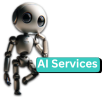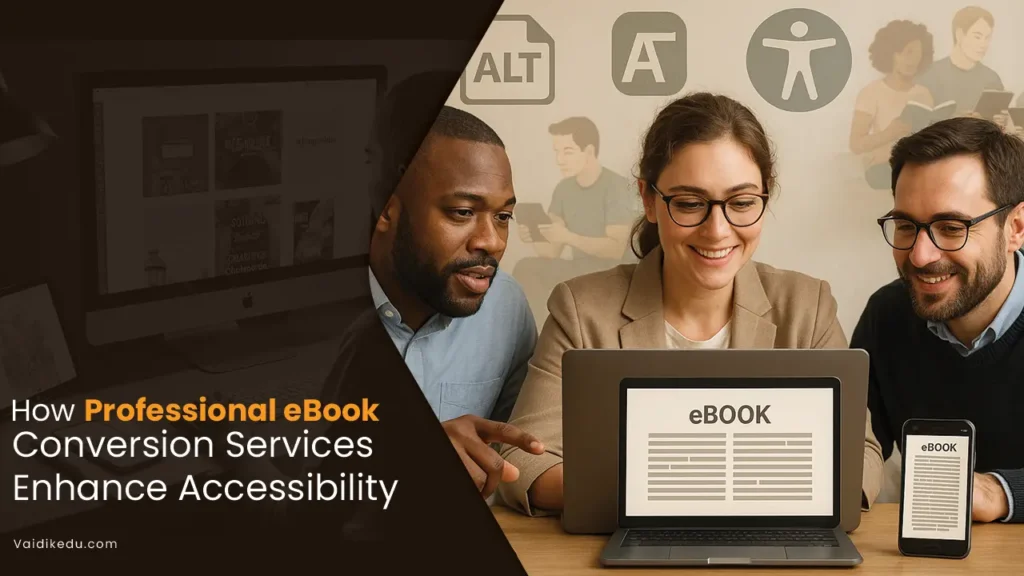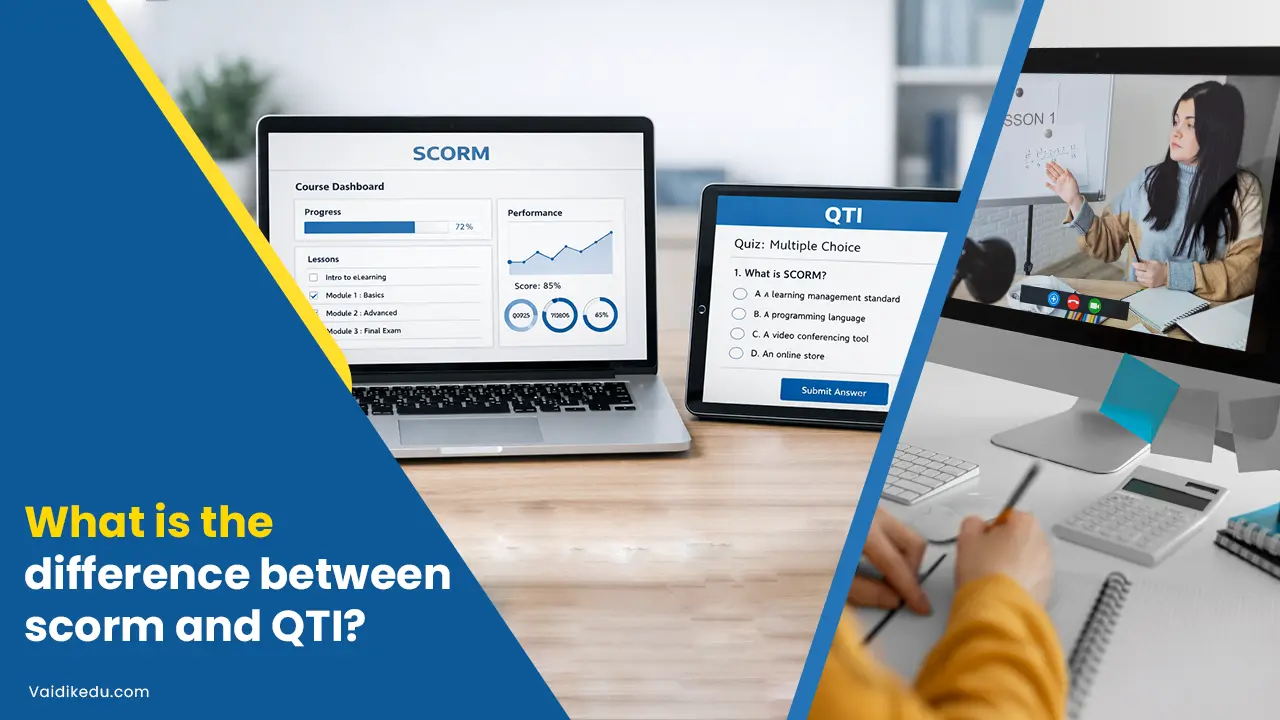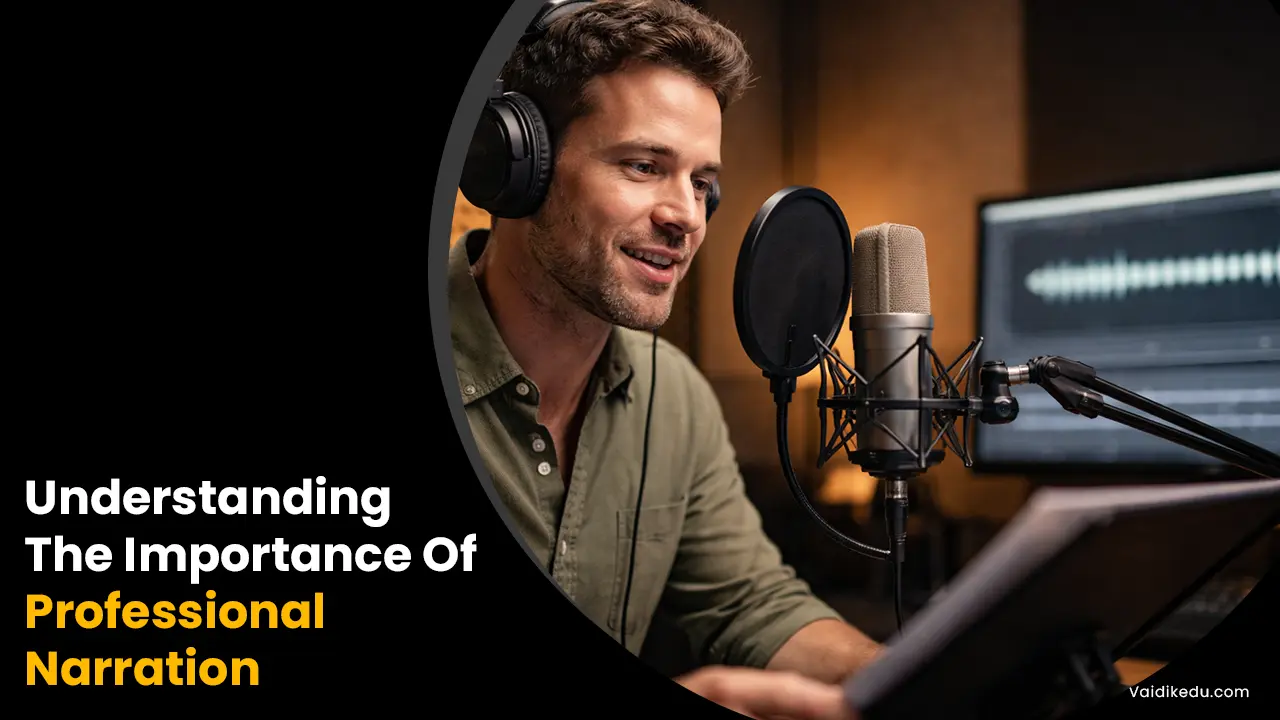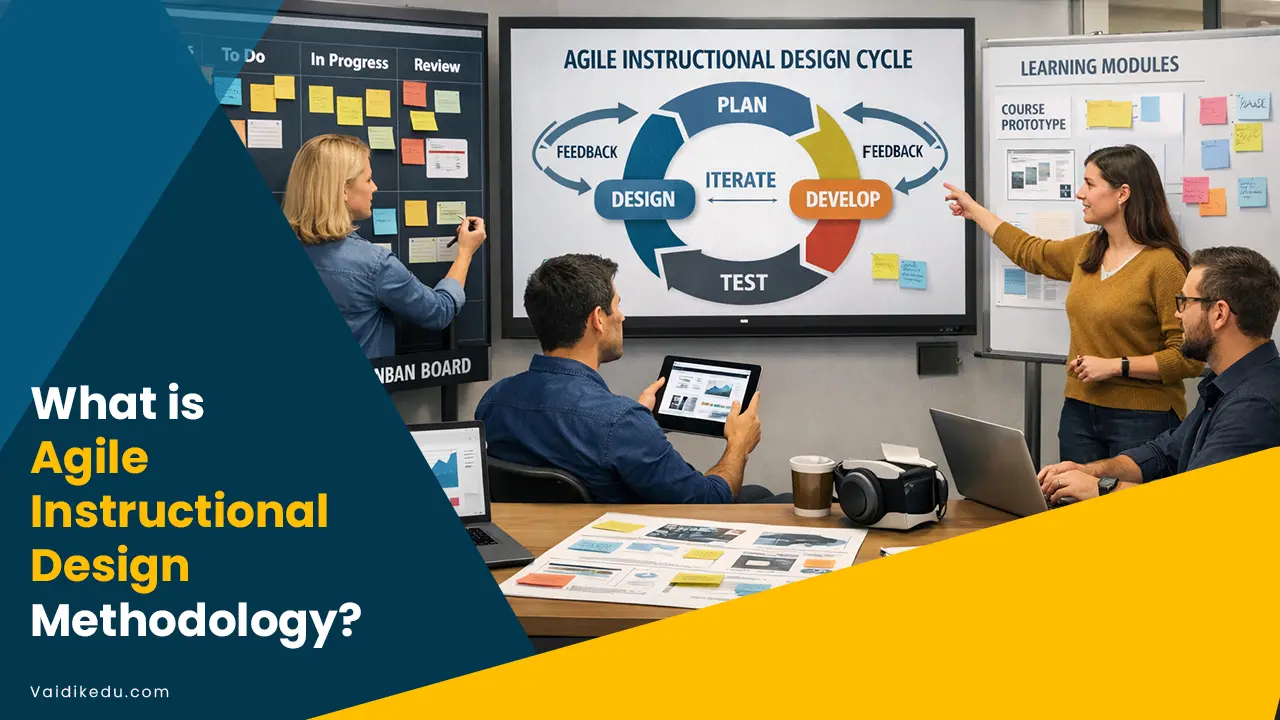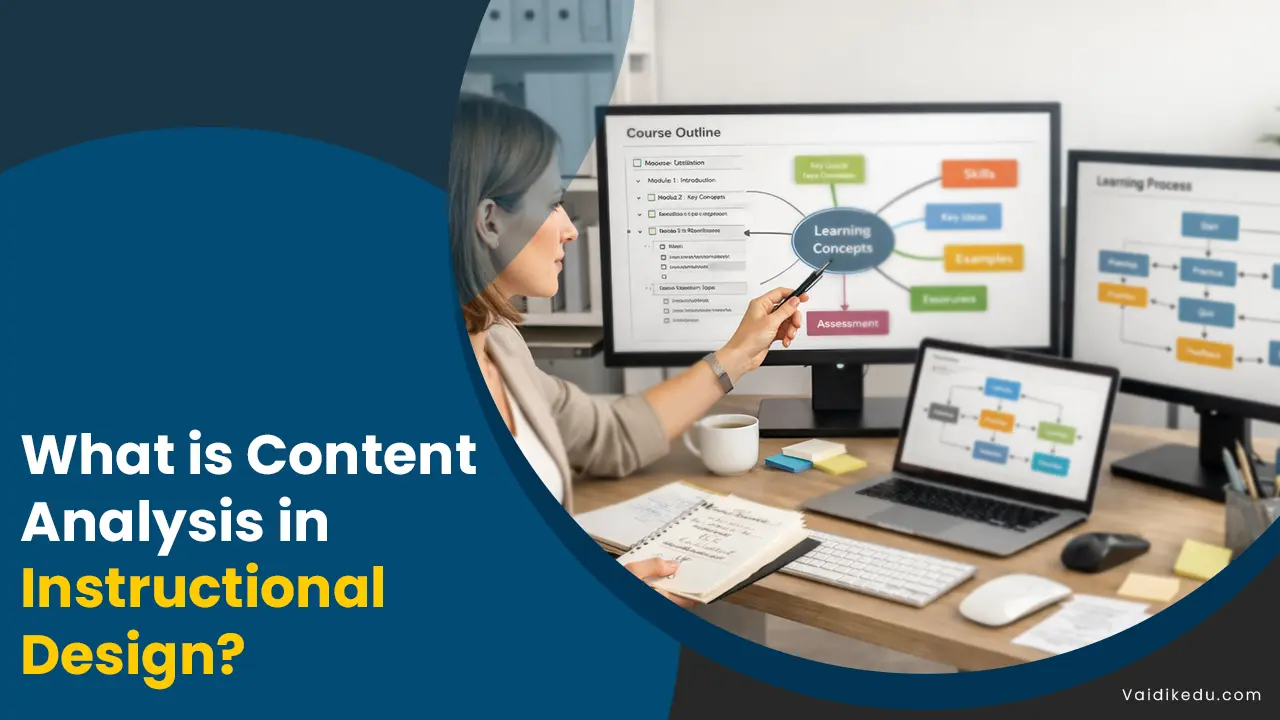E-books, or electronic books, are digital versions of traditional printed books. They can be read on electronic devices such as computers, tablets, e-readers (like Kindle or Nook), or smartphones. E-books are generally available in formats like PDF, e-Pub, and MOBI, which make them compatible with various reading devices and apps.
E-books Provide Several Advantages Over Physical Books, Including:
1. Portability: Many e-books can be stored on a single device, allowing readers to carry hundreds or even thousands of books without the bulk.
2. Convenience: E-books can be downloaded instantly from online platforms, making it easy to access new titles without visiting a bookstore.
3. Customization: Some e-readers offer features like adjustable font sizes, background colors, and text-to-speech capabilities, making reading more accessible and personalized.
4. Environmentally Friendly: E-books eliminate the need for paper, ink, and shipping, making them a more sustainable option.
Overall, e-books offer a modern, flexible way to enjoy reading.
How professional e-book conversion services enhance accessibility:
Professional eBook conversion services play a significant role in enhancing accessibility for readers, particularly those with disabilities. By converting print content into properly formatted digital books, these services ensure that the content is easily accessible to a wider audience.
Several Ways in Which Professional E- Book Conversion Services Enhance Accessibility:
- Text-To-Speech compatibility (Screen Readers)
Professional eBook conversion ensures that the text is in a format that screen readers can accurately interpret. This is particularly crucial for individuals with visual impairments. By converting the content into formats like ePub or properly tagged PDF, the text can be read aloud by screen readers, allowing visually impaired readers to engage with the material.
- Reflowable Text For Flexible Font Sizes
Most e-book formats, such as ePub, allow for reflowable text. This means that the text can automatically adjust to fit the screen size and urges users to change the font size and type. This is fruitful for individuals with low vision or dyslexia, as they can modify the text display according to their needs.
- Optimized For Multiple Devices
Professional eBook conversion ensures that the content is optimized for a variety of devices, from smartphones and tablets to e-readers and computers. This flexibility makes eBooks accessible to readers with different preferences and abilities, providing an inclusive reading experience.
- Incorporation OF Alternative Text For images
Images in eBooks can be made accessible through the inclusion of alternative (alt) text descriptions. This allows screen readers to describe images, graphs, and charts for visually impaired readers. Proper alt text ensures that no crucial visual information is lost.
- Clear And Consistent Structure
Professional eBook services ensure that the content follows a logical structure with well-organized headings, paragraphs, and lists. This helps readers with cognitive disabilities navigate the text more easily. Consistent navigation is key to enhancing the overall reading experience for all users.
- Language And Translation Support
Some professional services offer translation into different languages and incorporate features like text highlighting for those with learning disabilities or non-native readers. This makes it easier for diverse audiences to access the content in a way that suits their linguistic and cognitive needs.
- Compliant With Accessibility Standards
Many professional eBook conversion services ensure that the content is fully compliant with international accessibility standards such as WCAG (Web Content Accessibility Guidelines) and EPUB Accessibility Guidelines. This compliance ensures that the content meets best practices for digital accessibility.
- Interactive Elements For Enhanced Engagement
Some eBooks incorporate interactive elements like quizzes, videos, or hyperlinks, which can be particularly useful for readers with disabilities when combined with assistive technologies. For example, interactive features can be made more navigable for people using keyboard navigation or screen readers.
- Customizable Reading Experiences
Many eBook readers offer features such as night mode, adjustable contrast, and background color options. Professional eBook conversion ensures these customizable features are embedded in the digital book, making it easier for readers with visual impairments to adjust the display to their preference.
- Increased Availability OF Audiobooks
As part of a comprehensive accessibility strategy, some professional conversion services also offer audiobook versions of eBooks. Audiobooks provide an alternative medium for individuals who have difficulty reading traditional text or those who prefer auditory learning.
Benefits OF E-Book Conversion Services
E-book conversion services offer a wide range of benefits, both for publishers and readers. These services ensure that content is formatted and optimized for digital platforms, enabling broader accessibility, distribution, and engagement. Here are some key benefits:
- Wide Compatibility Across Devices
E-book conversion services ensure that your content is compatible with various devices, such as e-readers (Kindle, Nook, etc.), smartphones, tablets, and computers. The most common formats (ePub, MOBI, PDF) are supported across multiple platforms, giving readers flexibility to access the content on their preferred device.
- Improved Accessibility
As mentioned earlier, professional eBook conversion makes content accessible to a broader audience, including those with visual or cognitive impairments. Properly formatted eBooks can be read aloud by screen readers, resized for individuals with low vision, and adjusted to suit readers with learning disabilities or dyslexia.
- Cost Effective
Converting content into an eBook format eliminates the need for printing, warehousing, and distribution costs associated with physical books. This can be particularly beneficial for authors and publishers looking to reduce expenses while still reaching a global audience.
- Broader Reach And Distribution
Digital books can be distributed worldwide without geographical barriers. With proper conversion, eBooks can be uploaded to popular platforms like Amazon, Apple Books, Google Play Books, or independent websites, reaching readers from different regions and countries.
- Searchable And Interactive Content
E-books are searchable, allowing readers to easily find specific terms or passages within the text. Many eBook formats also support interactive elements such as hyperlinks, multimedia (audio, video), and embedded annotations, enhancing the reading experience.
- Customization And Flexibility
E-book formats like ePub offer flexible features, such as reflowable text, which adjusts according to the reader’s preferences (e.g., font size, background color, etc.). This customization makes eBooks more adaptable to individual needs, improving the overall user experience.
- Environmental Benefits
Since e-books do not require paper, printing, or shipping, they contribute to a reduction in environmental impact. The conversion of printed books to digital format helps lower the carbon footprint and supports sustainability efforts in the publishing industry.
- Increased Sales And Revenue
With e-book conversion, authors and publishers can reach a larger, global audience and tap into the growing market for digital books. E-books also allow for direct sales through digital platforms, leading to greater revenue opportunities without the overhead costs of physical book production and distribution.
- Faster Time To Market
Publishing an eBook is often faster than producing a physical book. Once an eBook is converted, it can be instantly uploaded to platforms and available for purchase, reducing the time it takes to bring content to market.
- Preservation OF Content
E-books provide a way to preserve content digitally. Unlike physical books that can deteriorate over time, digital formats are not subject to wear and tear, offering long-term preservation of the material.
Frequently Asked Questions
Professional e-book conversion services ensure that content is compatible with screen readers, which convert text into speech for people with visual impairments. By using formats like ePub or properly tagged PDFs, the text can be easily interpreted by these assistive technologies, allowing visually impaired users to access the content more effectively.
Yes, eBook conversion services can enhance accessibility for readers with learning disabilities, such as dyslexia. By converting content into reflowable formats like ePub, readers can adjust text size, font style, and spacing, which can reduce reading difficulties. Additionally, some eBook platforms support text-to-speech and highlight features that can assist readers with dyslexia.
As part of enhancing accessibility, professional eBook conversion services often provide an option to create audiobook versions of eBooks. Audiobooks are an excellent option for individuals who have difficulty reading traditional text. By converting the eBook into an audiobook format, readers can listen to the content, which is particularly helpful for those with visual impairments or reading disabilities.
E-books offer many features that print books cannot, such as customizable text sizes, background colors, and contrast settings. Readers with low vision can enlarge text or change background colors to suit their needs, while individuals with cognitive disabilities can adjust the text layout. Additionally, e-books can be used with screen readers, text-to-speech tools, and other assistive technologies, offering greater flexibility than physical books.

